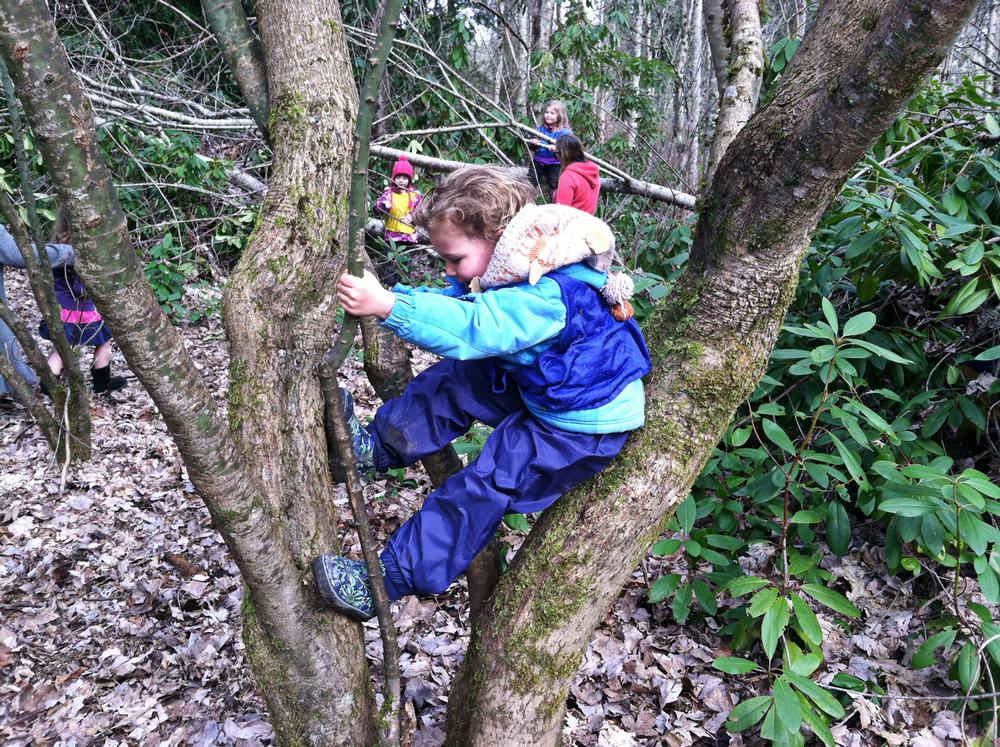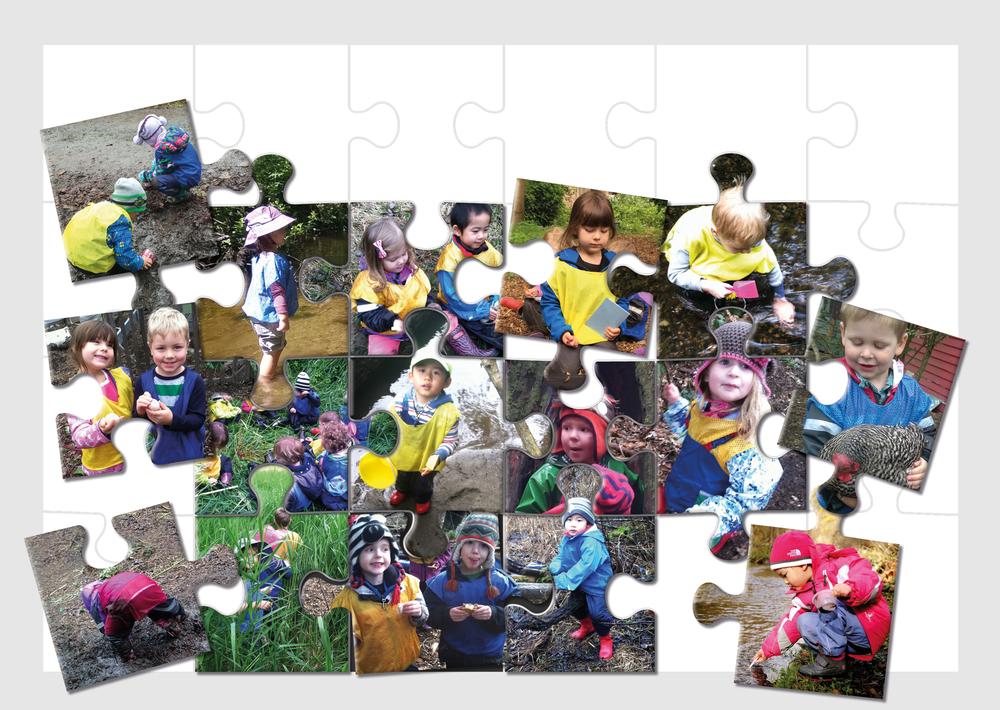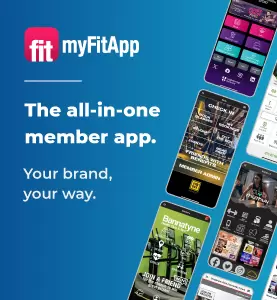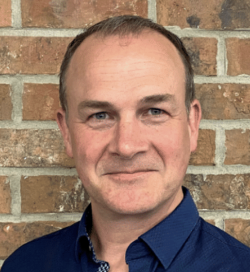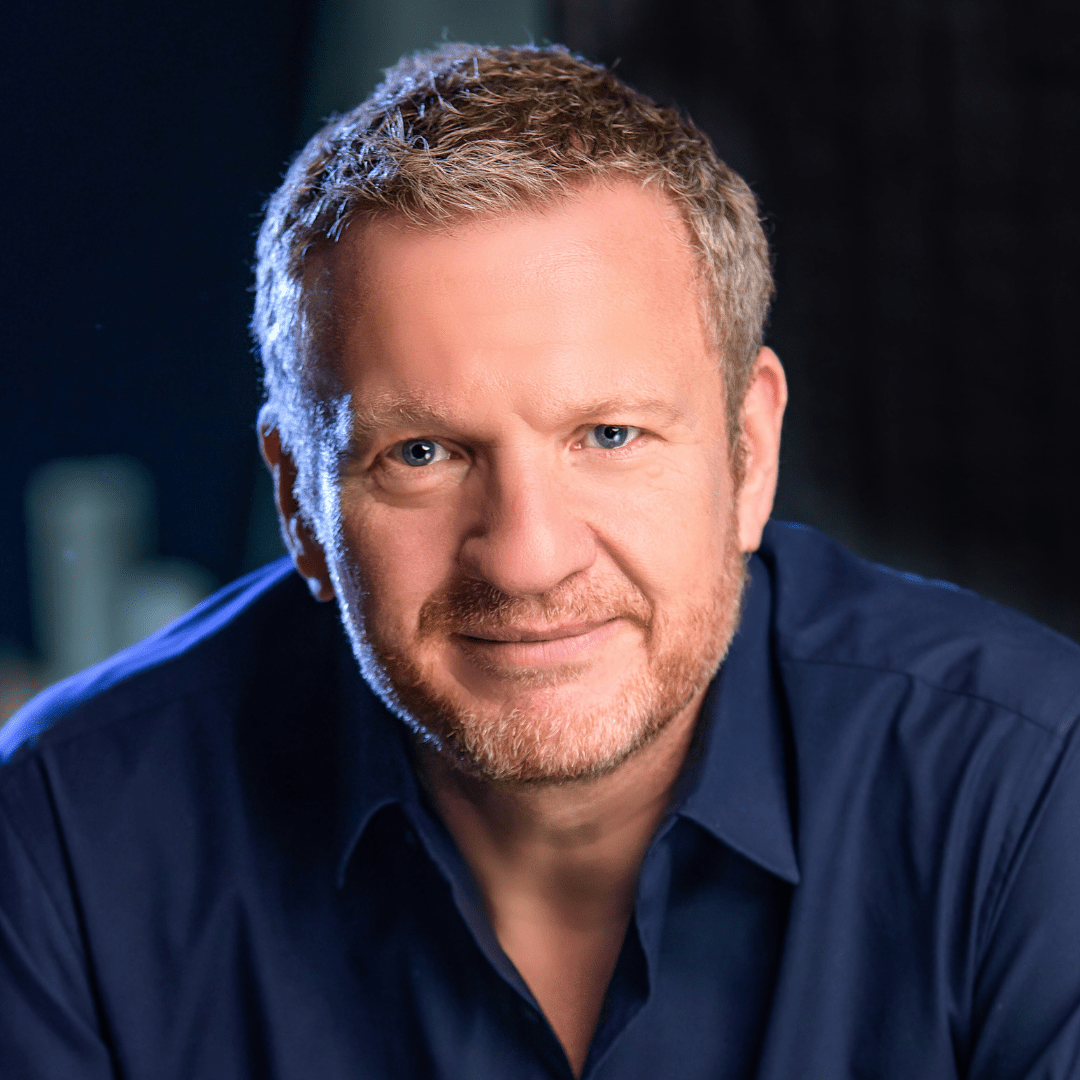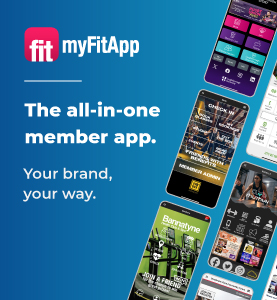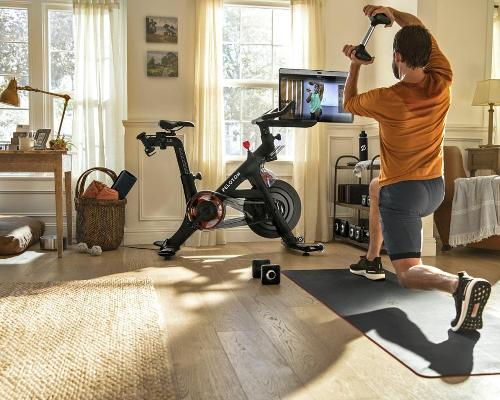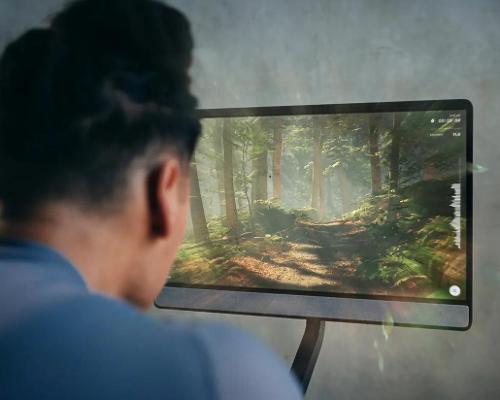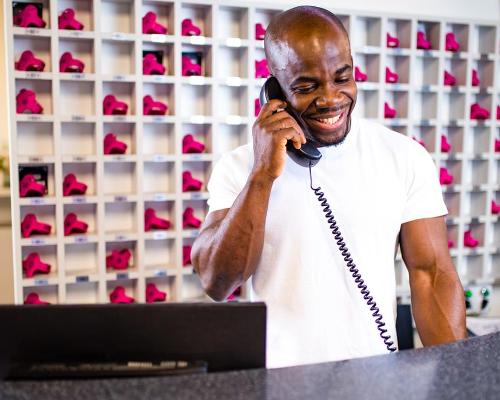Q&A with Ann Glaser
Head of Tiny Treks Washington State, US
What is Tiny Treks?
Tiny Treks is an outdoor school, founded in the United States 19 years ago, with sites in California and Washington State, where my school is. It offers programme of guided learning for young children which takes place exclusively outdoors.
We take children from the age of two, starting off in our Parent Child Programme. We all go out for an hour and a half every week – each child with a parent – to explore and understand the natural world together. We go to a different park, lake or farm every week and I choose a theme according to what’s there. So for example, if I know a particular farm has a beaver dam, my theme might be beavers. We’ll talk about what a beaver is, where they live, we go see the dam and we talk about how they live.
And it isn’t just the kids who learn. Probably without the parents even realising it, I’m teaching them things they can do with their children outdoors, and I’m showing them places they didn’t even realise were there.
The success of that programme led to us launching a programme for three- to five-year-olds. With this age group, we go out twice a week for three hours at a time. We don’t do paper or pens. We don’t work on ABCs or 123s – it’s truly a forest kindergarten and, although we talk about what we’re seeing, it’s largely experiential. It’s about being deeply in nature, feeling and figuring out what to do.
What’s the idea behind Tiny Treks?
At the heart of it is a desire for children to fall in love with nature, but we also believe it’s really important for children to see adults doing real physical work.
We’re all so busy nowadays. We have our cleaners, our gardeners. But we’re busy sitting at our desks. Kids don’t ever see their parents doing physical work in the way previous generations have done. They’re not seeing us digging the soil or chopping wood, so they aren’t learning that they need to move, to use their bodies.
At Tiny Treks we’re all out there together, digging, weeding, planting seeds on the farm. The kids see us being enthusiastic when shoots of plants are coming through and that enthusiasm rubs off on them. They see us making beds for the plants and they come and help build stone circles around them. We don’t force the kids to do anything – there’s no “come here, do this”, no regimented activities – but they see what we’re doing and they naturally want to get involved.
We also go out into the forest for ‘quiet time’ where they have time to explore for themselves. Kids today are given very little time to figure out what to do by themselves, and it creates adults who don’t know what to do without their computer or phone. So we step back and just let them explore – there’s very little guidance other than keeping them safe. At first they don’t know what to do, but they soon come up with their own plans.
If they climb a tree, we don’t tell them not to. We might explain the physics of it – we’ll talk about how far they should go along a branch before it could break under their weight – but we do it in such a way that they think it through for themselves.
It’s about giving kids the confidence in themselves and their bodies. We teach them to move. You can spot our kids among a group of their peers: they’re the ones who are so physically aware of how to climb it’s actually beautiful to watch. They move naturally and instinctively, they have core strength, they have tensile strength. And they don’t mind getting their hands muddy. It’s amazing how many children won’t do that nowadays.
Are there any academic benefits to this kind of approach?
Many of our kids also go to a ‘normal’ indoor pre-school, but I’ve had children who’ve only come to us and they’ve gone on to the next stage of schooling with no problems. They have outdoor knowledge as their basis for science and maths, and the listening skills of being around adults.
In fact, it’s so successful that parents whose kids have been through Tiny Treks are now asking if we can run after-school classes at nearby elementary schools, and in response we’re starting a five- to seven-year-old class this autumn. It was full within days of announcing it.
At Tiny Treks, children also learn to slow down – to be content doing the same activity for hours without saying “I’m bored”. That has a long-term impact: research by Queen Maud University College in Norway suggests that kids who have been to outdoor pre-school have higher levels of concentration all through elementary school. They’re able to focus on their school work for longer.
What might gyms learn from this?
If you go into the woods and a branch has come down off a tree, kids will have great fun with it. So one idea, if you have outdoor space, is that you don’t turn it into a formal playground. Put out branches, tree stumps, an old boat – what we call “loose parts”. Put out unusual things that allow kids to play naturally.








